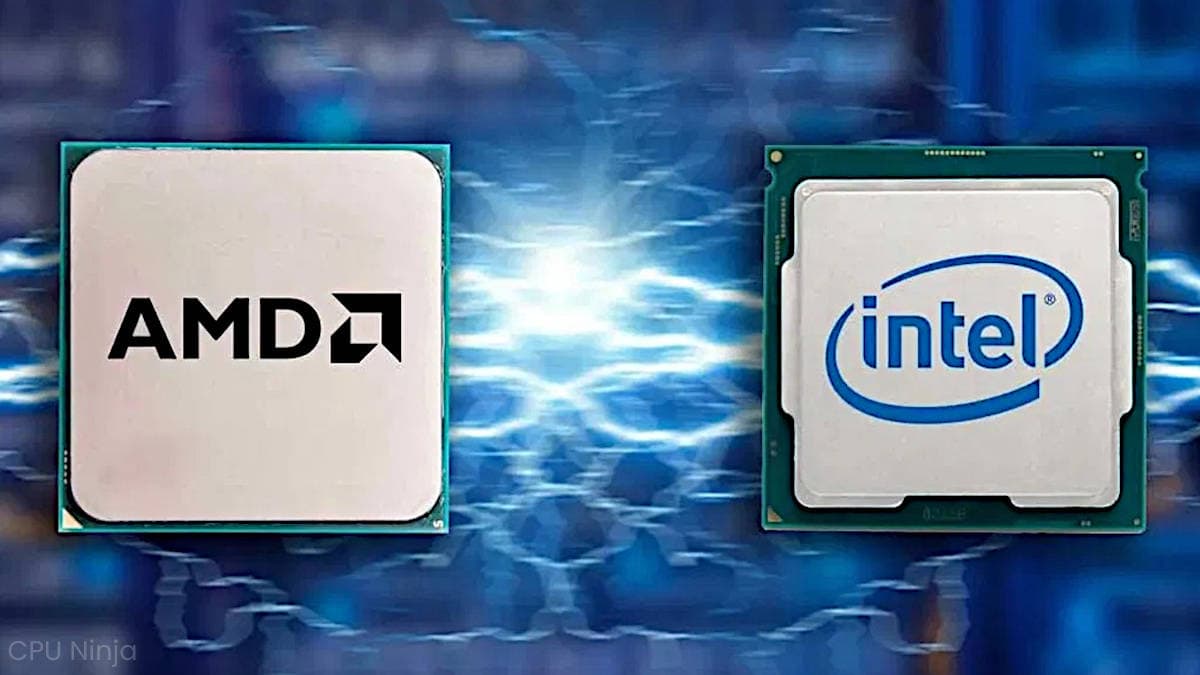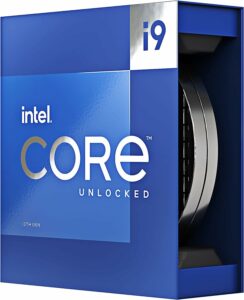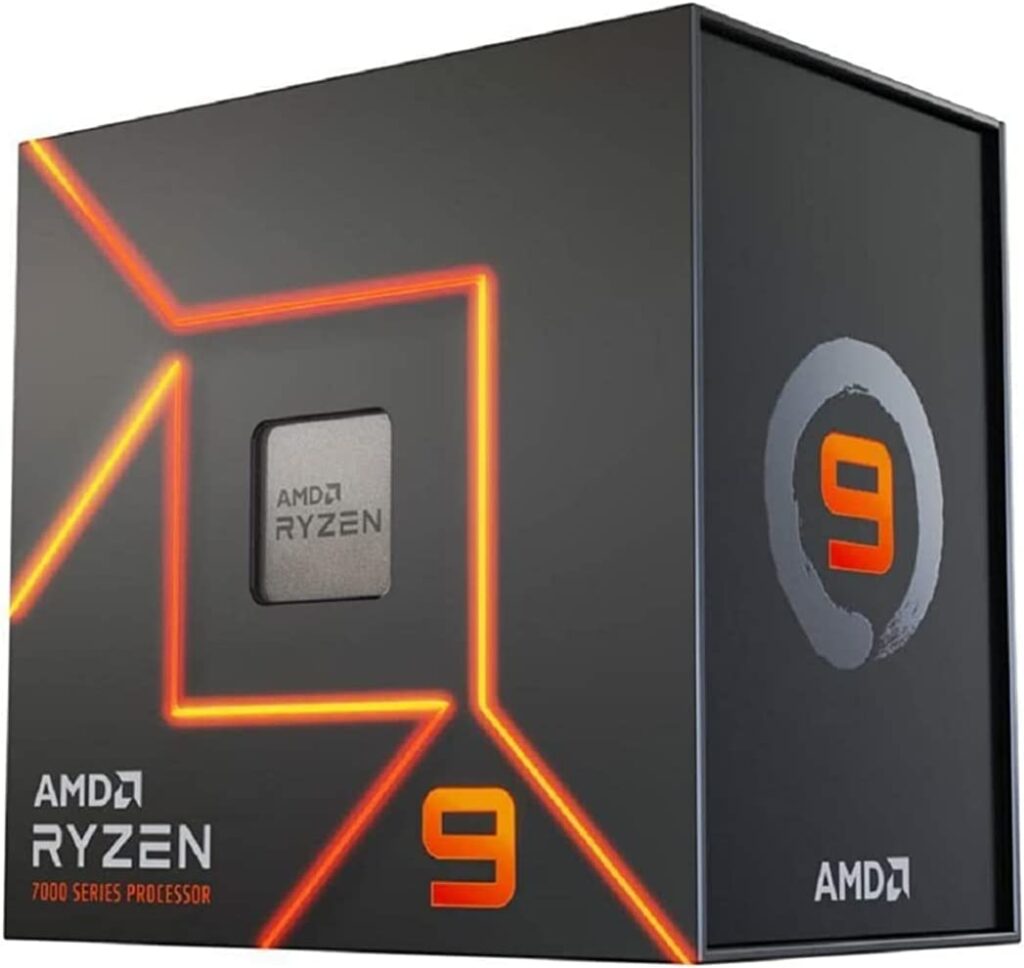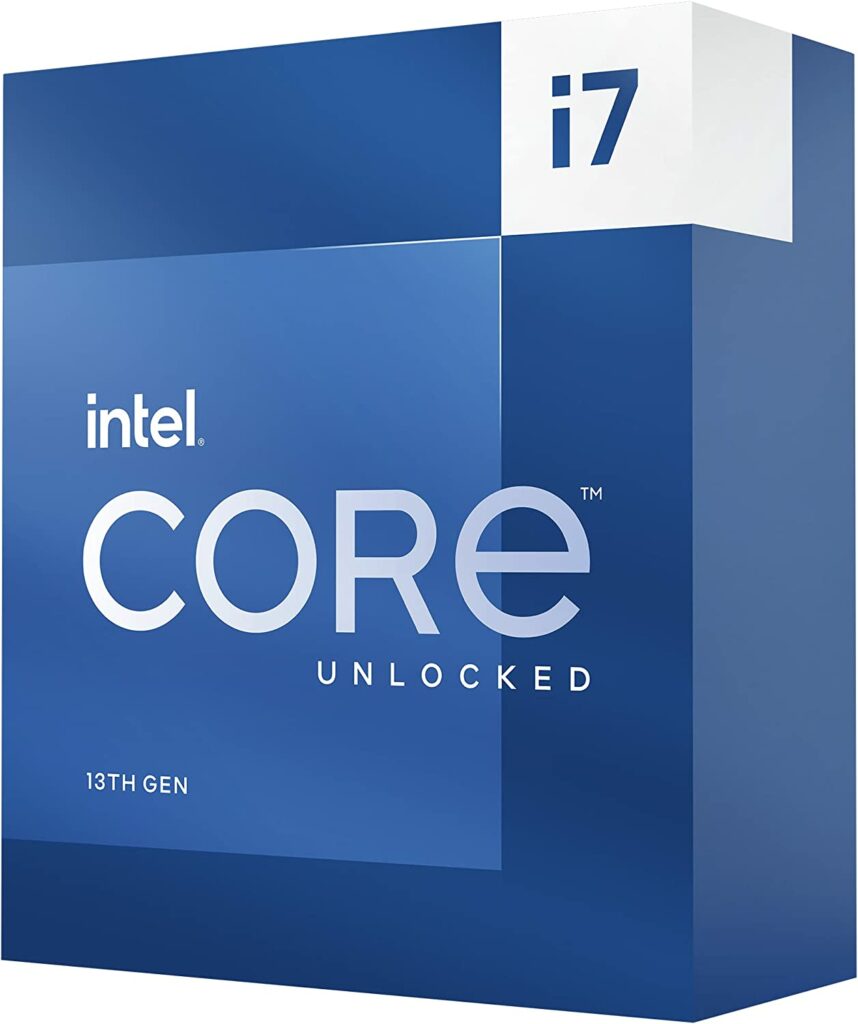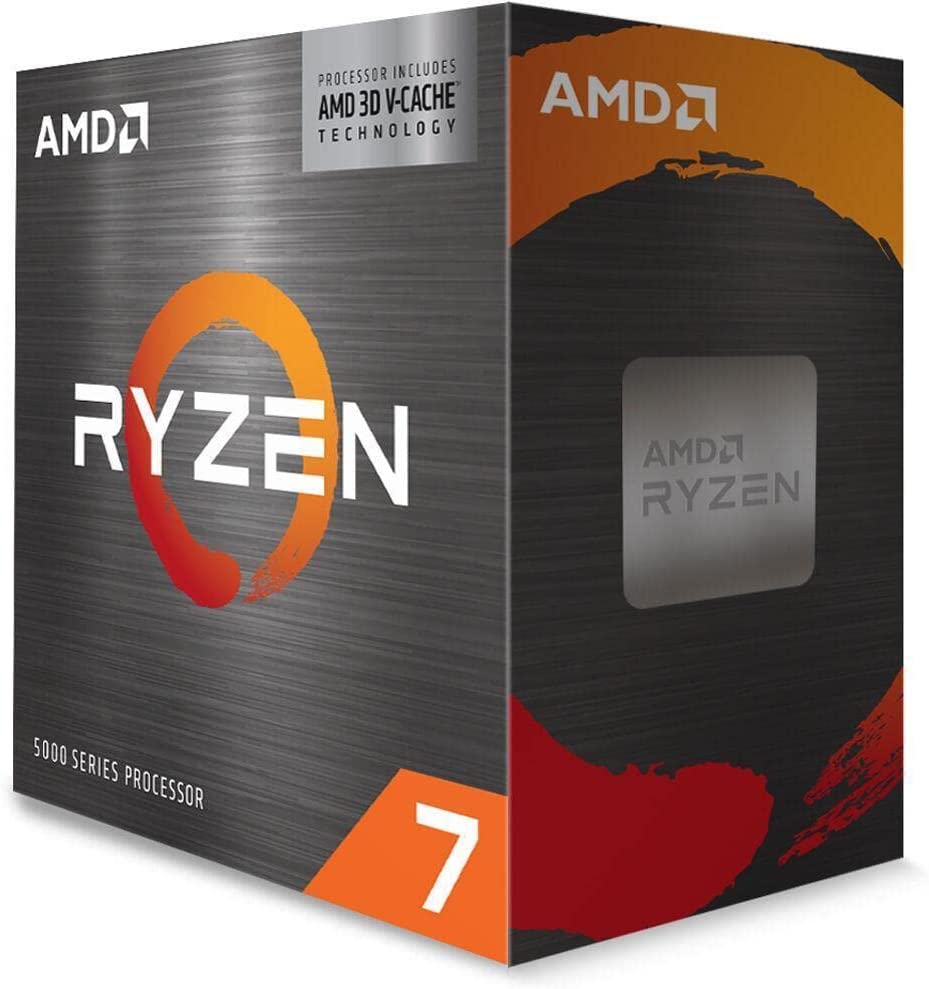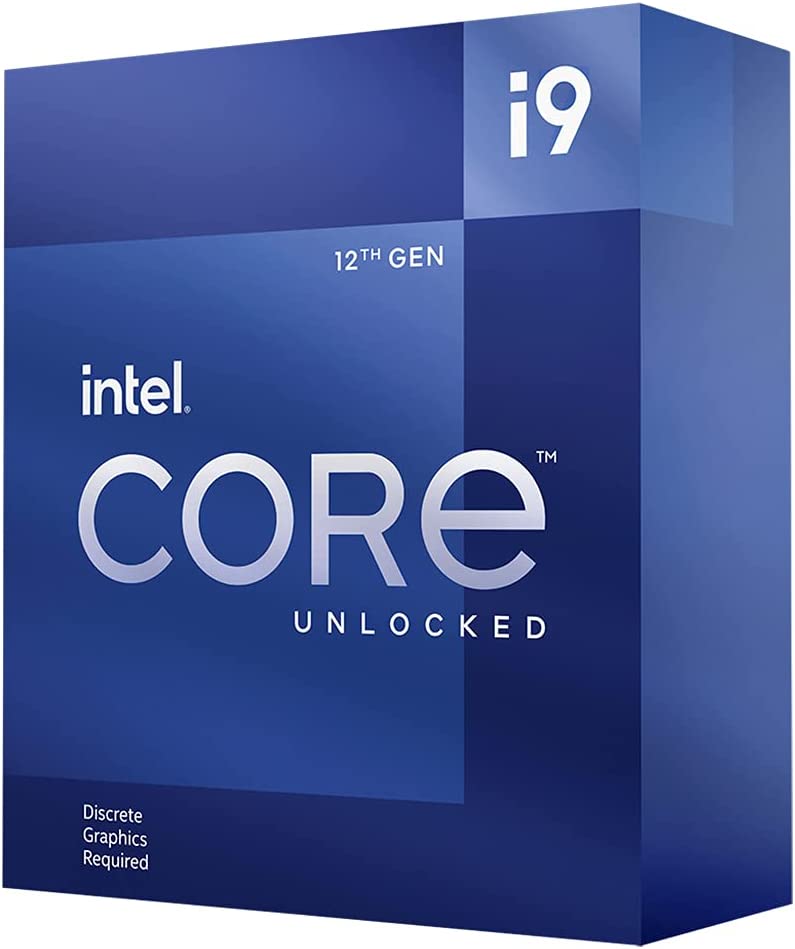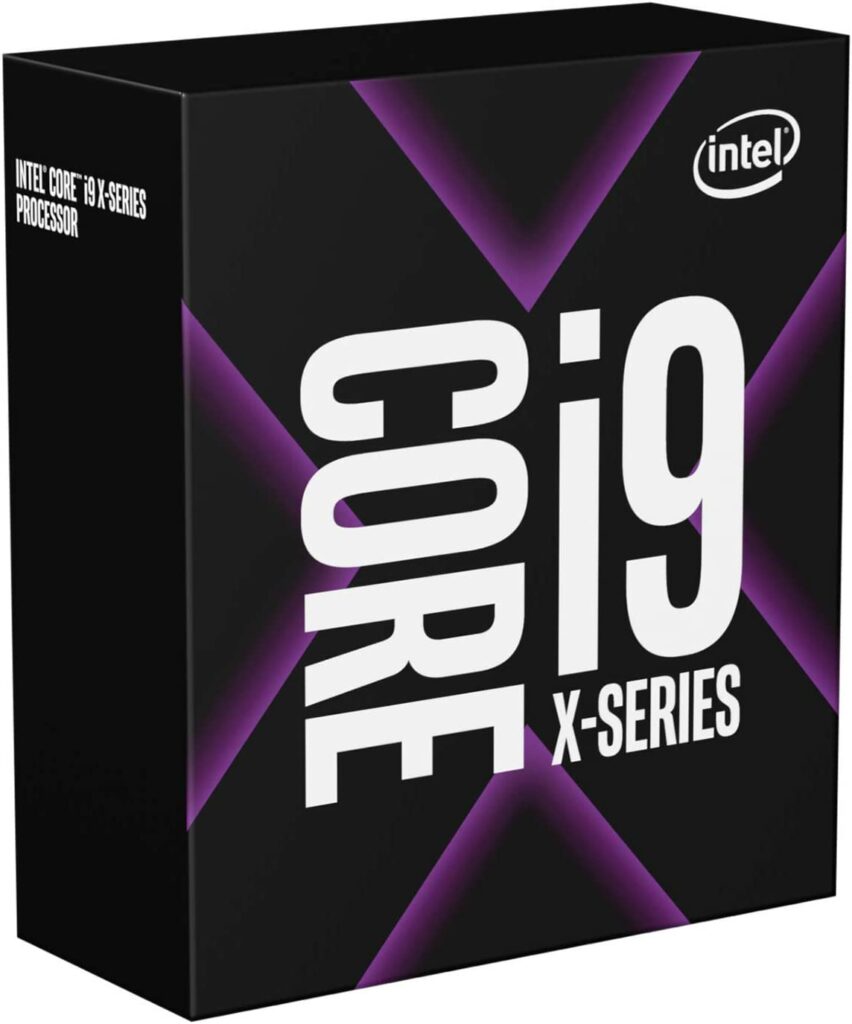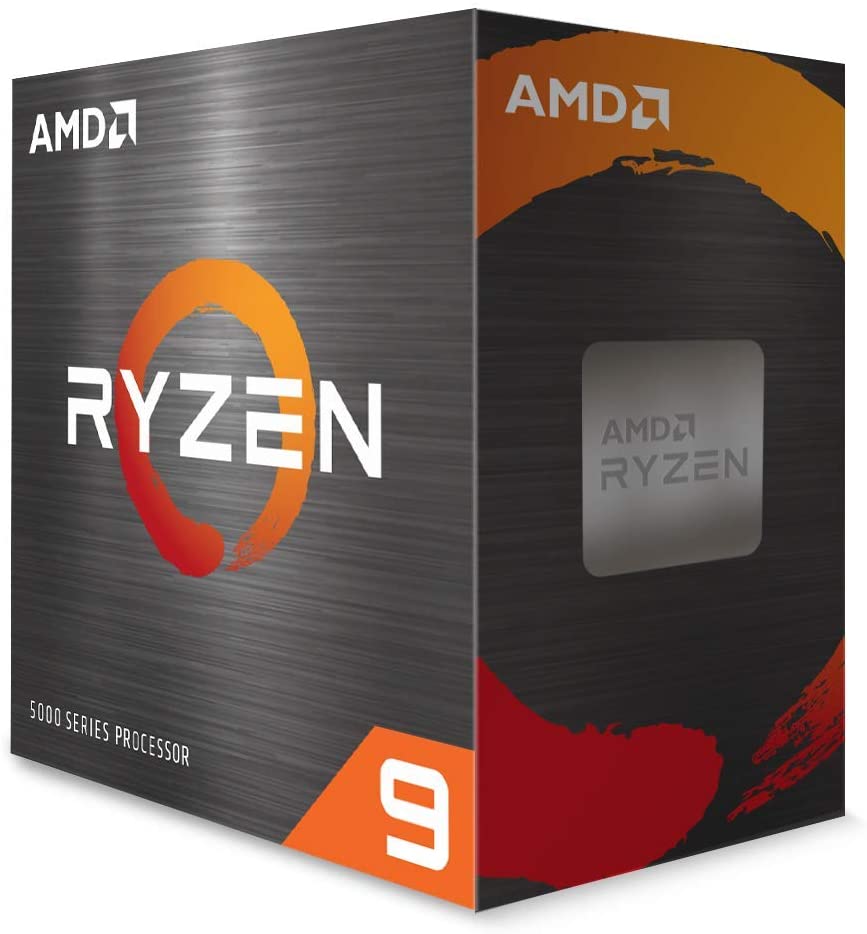The best type of CPU for VR is one that has a high clock speed, multiple cores, and good single-core performance. This is because VR requires a lot of processing power to render two images at once, track the user’s head movements, and handle other background tasks.
Right now, the fastest CPU for VR is the Intel Core i9-13900K, 8 cores, 16 threads, and a base clock speed of 3.8 GHz. The i9-13900K can also be overclocked to 5.5 GHz.
Intel and AMD are both good for VR, but Intel tends to have better single-core performance, while AMD has more cores. This means that Intel CPUs are better for VR games that are not very well-threaded, while AMD CPUs are better for VR games that can take advantage of multiple cores.
Does a better CPU help with VR? Yes, a better CPU can help with VR. A better CPU will be able to render the images more quickly and smoothly, which will result in a better VR experience.
It’s worth noting that VR performance is a holistic result of multiple components working together, including the CPU, GPU, RAM, and storage. While a better CPU can certainly contribute to better VR performance, other components must also be appropriately matched to avoid bottlenecks.
When building a VR-ready system, consider the requirements of the VR headset you plan to use, the specific VR applications or games you intend to run, and your overall budget. Striking a balance between CPU, GPU, and other components will help ensure a seamless and enjoyable VR experience.
Our recommended list of the Best CPU for VR
- Intel Core i9-13900K : Overall Best CPU For VR
- AMD Ryzen 9 7900X Processor
- Intel Core i7-13700K Processor
- AMD Ryzen 7 5800X3D Processor
- Intel Core i9-12900KF Processor
- Intel Core i9-10920X Processor
- AMD Ryzen 9 5900X Processor
Some points should be thought over by the user as these can make or break your system’s performance. First of all, the number of cores is looked over as extra cores can provide a smooth and efficient execution of VR-related processes.
Also, threads and related technologies, like Hyper-Threading, resolve the queries swiftly, enhancing performance. Similarly, the cache amount has an influence on the data transmission rates in memory-related tasks. In a minimum CPU for VR, 30 MB of cache must be available for use.
CPU Requirements For VR
- Minimum 8 and 16 counts of cores and threads
- At least PCIe 3.0 support
- Minimum 4.5 GHz boost clock
- Minimum DDR4 memory
- At least 30 MB cache
- Socket type depends on the motherboard
1. Intel Core i9-13900K : Overall Best CPU for VR
Our top pick for the best cpu for VR is the Intel Core i9-13900K. Not only best, but Intel Core i9-13900K is the fastest CPU for VR because it can run any VR game or application with ease.
Moreover, i9-13900K is also compatible with most VR headsets, such as Oculus Rift S, HTC Vive Pro, and Valve Index.
It features amazing multi-core performance and manages to outpace the flagship AMD Ryzen 9 7950X in single-core performance. While it may pack too much power for gamers, it’s the CPU to buy if you’re looking for the most performance power.
It has enough cores and threads to handle multiple tasks simultaneously, such as tracking your head and hand movements, rendering realistic graphics, and processing audio and physics. It also has a high single-core speed, which is important for VR, as it reduces latency and improves responsiveness.
The Intel Core i9-13900K boasts an exceptional 12-core, 24-thread configuration, allowing it to effortlessly handle the complex demands of VR applications.
As VR experiences become more intricate and immersive, having ample multicore processing power becomes essential. The i9-13900K’s adeptness in multitasking ensures a seamless and responsive VR journey, whether you’re navigating a virtual world or engaging in CPU-intensive tasks within the VR environment.
Pros:
- Fastest CPU on the market
- Powerful enough to handle even the most demanding VR games
- High level of single-core performance
- Large cache
- Supports overclocking
Cons:
- Expensive
- Power-hungry
- Can be noisy when under load
2- AMD Ryzen 9 7900X Processor
AMD’s Ryzen 9 7900X is a game changer in the technical world as it has several notable characteristics. Consisting of 12 cores and 24 threads, it can run intensive tasks like cryptocurrency mining easily. Built on Zen 4 architecture, it has many improvements over the Zen 3 as there is a 13% rise in IPC as well as boost rates. Starting at a 4.7 GHz base clock, this processor can obtain a peak boost clock of 5.6 GHz, which is ideal for the fast execution of processes. Best suited for content creators and gamers, this CPU is one of the most powerful ones in the world and this is also supported by RX 7900 XTX CPU. A TDP of 170W is measured in this processor; thus, a CPU cooler needs to be used with it.
DDR5 memory in this processor ensures new games and software will work well in the PC system. PCIe 5.0 support which increases the bandwidth of the system 2x times as DDR4 memory. A cache of 76 MB is available for fast data retrieval and fetching rates that increase the efficiency of the system. Moreover, an AM5 socket is required in the motherboard so the user can select from X670, B650, X670E, and B650E chipset-based motherboards. Applications such as Blender gave 43% more performance than the Ryzen 9 5900X.
Whereas games like Shadow of the Tomb Raider and Metro Exodus have 100+ fps on average, which is advantageous for competitive gamers. Lastly, the Ryzen 9 7900X is a good choice if you are into VR gaming as it supports AMD-V extension and more technologies.
Comparison:
Now, we take the Ryzen 9 7900X against the Ryzen 9 5900X as they belong to the same company. Although the 5900X processor has low TDP and is cheaper, the 7900X has better thread and core performance, is a newer product, and has integrated graphics.
Pros:
- Amazing performance overall
- iGPU
- PCIe 5.0 and DDR5 support
- High boost frequency
- AM5 socket
Cons:
- Very Expensive
- Requires a CPU cooler
3- Intel Core i7-13700K Processor
Lastly, we review the Core i7-13700K as it is a beast in gaming and application performance. For fast processing and less latency, 16 cores and 24 threads are present, and the cores are divided (8 P-cores and 8 E-cores). This hybrid architecture is responsible for distributing the workload among the cores so that the system has optimized performance. Base frequency starts at 3.4 GHz and achieves the highest boost clock rate of 5.4 GHz, which is enough for immersive and smooth gameplay. A CPU cooler is required to be used with this component as it has a TDP of 125W.
DDR4 and DDR5 memory types are supported by this processor, so the user has the choice to select from a huge range of motherboards. A combined 54 MB cache is available, reducing the time memory takes to access information. Additionally, the processor supports PCIe 4.0 and PCIe 5.0 interfaces compatible with the 700 series of motherboards. Also, the LGA 1700 socket must be available in the motherboard so the chip can fit into the system. Gaming-wise, the Core i7-13700K gave 100+ frame rates at 4K resolution on games like Battlefield V and Age of Empires IV.
Supporting technologies like Virtualization and Virtualization for Directed I/O, the Core i7-13700K can run VR games like iRacing smoothly. Price-wise, it is a steal for customers as it is much cheaper than its competitors.
Comparison:
We compare the Core i9-12900K with the Core i7-13700K as they share similar features. However, core i9-12900K is a bit cheaper than the latter CPU, which is the only thing it has against the latter model. Core i7-13700K, on the other hand, has a high base, boost frequency, and better core and thread performance.
Pros:
- Beastly performance in gaming
- Much faster than Core i9-12900K
- Integrated graphics
- PCIe 5.0 and DDR5 support
- LGA 1700 socket
- Reasonable cost
Cons:
- Consumes more power
- Needs a CPU cooler
4. AMD Ryzen 7 5800X3D Processor
AMD produces some of the best processors in the world, and here we review their Ryzen 7 5800X3D as it has many features. With 16 processing threads and 8 core count, it is built using Zen3 architecture, an AMD innovation. Tilted as the first processor to include 3D stacking, it has a 3D V-cache that can perform stunningly beat Intel’s Core i9-12900KS. Starting at a 3.4 GHz base clock, this processor obtains a peak boost clock of 4.5 GHz which is ideal for fast-paced gameplay. TDP of 105W is measured in this CPU, so there is a need to use a CPU cooler that brings the heat levels down.
DDR4 support is present in this processor, responsible for low latency rates and less power consumption. A cache of 96 MB is available, which ensures high-speed gaming and fast data transmission. AM4 socket must be present in the gaming PC system so that this processor can fit easily. So, the user might not need a new motherboard if it already contains this type of socket. Moreover, PCIe 4.0 is supported by this component that, allows users to choose from motherboards with X570 and B550 chipsets. Games like Grand Theft Auto V and Project Cars 3 gave 100+ fps at 1080p, which is a good sign of performance from 5800X3D.
VR-Ready Premium technology in the Ryzen 7 5800X3D enables users to play VR games and use simulators like DCS (Digital Combat Simulator). Lastly, this CPU’s price is relatively lower than the Ryzen 5 processors, so it is a good choice for people who want to stay within a budget.
Comparison:
AMD Ryzen 7 5800X3D can be compared with the Ryzen 5 3600X as they share the same brand and similar attributes. Though the 3600X is cheaper, has a lower TDP, and includes the Ryzen 7 5800X3D CPU cooler, the Ryzen 7 5800X3D has a higher boost clock, more core and thread count, and better performance overall.
Pros:
- Exceptionally fast performance
- Relatively less cost
- PCIe 4.0 and DDR4 support
- VR-Ready Premium technology
- AM4 socket
- Consumes less power
Cons:
- Requires a CPU cooler
- No overclocking support
- No integrated graphics
5- Intel Core i9-12900KF Processor
Intel’s Core i9-12900KF is another great product, as it has several amazing features that benefit many users. This component performs excellently as it contains 16 cores and 24 threads and fast computational speed. Using the hybrid architecture, two core families are present in a CPU that divides the process workloads evenly, optimizing the system’s performance. Beginning at a 3.2 GHz base clock, this CPU can achieve a boost clock of 5.2 GHz, which is great for swift gaming sessions. Some cooling equipment is needed for heat dissipation as it has a TDP of 125W.
Both DDR4 and DDR5 memory can be supported by this component, which makes it compatible with the 600 chipset series of motherboards and this is also compatible with RTX 3090 Ti CPU. PCIe 4.0 and 5.0 support is also present, that increases the bandwidth x2 times from its previous version. Socket type of LGA 1700 must be available in the motherboard so the user can use this processor. As this CPU is unlocked for overclocking, it is capable of even faster gaming and speedy components. Upon testing, the processor gave excellent results on using Adobe Premium Pro and several more games than the Ryzen 9 5950X processor. A cache of 30 MB is available for fast data transfer rates as it stores frequently executed institutions.
In addition, the Core i9-12900KF supports Virtualization technologies like VT-x and VT-d that ensure the VR games like iRacing execute smoothly. Price of this processor is more than average as it has many modern attributes absent in most CPUs.
Comparison:
Here, we evaluate the Intel Core i9-11900KF with the Core i9-12900KF as they share similar characteristics. The reasons to select the latter CPU are 8 more threads and cores and better performance overall. However, the former processor is 20% cheaper than the Core i9-12900KF.
Pros:
- Amazing gaming performance
- DDR5 and PCIe 5.0 support
- 16 core and 24 thread count
- LGA 1700 socket
- Unlocked for overclocking
- Great for development purposes
Cons:
- Needs a CPU cooler
- LGA 1700 demands a new motherboard
6- Intel Core i9-10920X Processor
AMD’s best competitor, we discuss Intel’s Core i9-10920X processor as it has several notable attributes. Containing 12 cores and 24 threads, it can run multiple processes simultaneously, resulting in swift processing. Built using the X-Series 10th Gen architecture, it executes up to 20 threads concurrently due to Hyper-Threading. Base frequency begins at 3.5 GHz and reaches the high boost clock rate of 4.6 GHz, which is enough for speedy gaming and software operations. A TDP of 165W is reached by this processor, meaning it needs some cooling mechanism that brings the heat down.
DDR4 memory is used in this component, which can be beneficial for users regarding data transfer rates. PCIe 3.0 support is available which is a required interface for connecting to the motherboard and memory. Furthermore, LGA 2066 must be present in the motherboard so the processor can fit in the system. Games like Shadow of the Tomb Raider and Far Cry give 100+ fps when this CPU is used to play, making it a good choice for gamers. While content creation software like Adobe Premium Pro and HandBrake also performed well during testing.
Intel Optane memory is a long-term and smart memory that keeps your frequently used files close to accelerate the data rates. In addition, Intel’s Virtualization technologies (VT-x, VT-d) are supported by this CPU, ensuring VR games run smoothly. Cost of the Core i9-10920X is much less than its opponents, so it is one of the best budget VR CPU in this article.
Comparison:
For this purpose, we review the Core i9-10900X against the Core i9-10920X as they contain alike traits. Core i9-10900X is cheaper and has a high gaming CPU clock; however, the latter processor has 2 and 4 more cores and threads, respectively, and an increased boost clock.
Pros:
- Great performance in applications
- Competitive price
- LGA 2066 socket
- Runs cool
- DDR4 and PCIe 3.0 support
- Virtualization Technologies
Cons:
- More expensive than Ryzen 9 3900X
7- AMD Ryzen 9 5900X Processor
Another great processor from AMD is the Ryzen 9 5900X which is built using the Zen3 architecture. It is one of the world’s fastest gaming processors, containing 24 threads and 12 cores. Starting at a 3.7 GHz base frequency, this component can obtain the boost frequency of 4.8 GHz which is the epitome of swift gameplay. Though it has no integrated graphics, it is unlocked for overclocking, which gives gamers an extra boost in gaming sessions. A CPU cooler is needed with this CPU as it has a TDP of 105W and can get hot during intensive processing.
Maximum RAM of 128 GB along with dual channel DDR4 memory is allowed in this component. For smooth gameplay and execution of applications, a 64 MB cache is present that delivers the stated tasks. Moreover, PCIe 4.0 interface is supported which is beneficial in providing high data rates and bandwidth to the user. An AM4 socket-supporting motherboard is needed with this processor, so no new VR motherboard is needed in case of an already existing one. Games like Metro: Exodus gave 100+ fps during this processor’s gaming test, which is a great output.
Lastly, the AMD Ryzen 9 5900X supports VR-Ready Premium technology, ensuring VR software and games can be played smoothly. Also, this CPU is a nice one to upgrade from Ryzen 3000 and 2000 processors. However, it may not be suitable for people with a certain budget, as it is more expensive than other CPUs.this gaming CPU is also compatble with RTX 4070 Ti, RTX 4080, and RTX 4090 CPU.
Comparison:
We consider the Ryzen 9 3900XT against the Ryzen 9 5900X since they contain homogenous attributes. Main reasons for choosing the latter CPU include less cost, high core and thread performance, and effective workstation value.
Pros:
- Stunning performance
- AM4 socket
- PCIe 4.0 and DDR4 support
- Efficient architecture
- VR-Ready Premium technology
Cons:
- Expensive
- It needs a CPU cooler
Best CPU for VR Buying Guide
VR stands for virtual Reality, the hottest thing in the technological world as it has many uses. People can explore entire oceans and forests while staying in the comfort of their rooms. VR technology requires powerful CPUs, which use a lot of computational power for smooth operations. We suggest using the Intel Core i9-12900KF as it has several amazing features that are not present in many processors. A few factors should be considered before buying a CPU specifically for VR use. These are discussed below so the user can make a sound decision.
Core Count
Cores are supposed to enhance the system’s performance for gaming or professional use. So, the number of cores does matter if the user will deploy VR technology on their PC system. More cores, like 12 or 16, are suitable for this kind of intensive task as it increases the system’s processing speed.
Clock Speeds
Virtual Reality requires high clock speeds as it is a vigorous task and can cause high latency in the system. Highest boost speed of 5.8 GHz is obtained by the Core i7-13700K, which is one of the best CPUS for gaming and VR purposes.
VR Technologies
Processors should support AMD’s VR-Ready Premium and Intel’s VT-d and VT-x so that the user can use the VR games like iRacing and Rec Room smoothly.
Socket Type
Sockets are made to hold processor chip and are present on the motherboard. So, the motherboard should contain a certain type of socket, like LGA 1700 for Intel or AM4 for AMD, so the CPU works without trouble.
Cooling Mechanism
Since the TDPs of these CPUs are high, the components generate a lot of heat that can affect the system’s performance. Thus, they require CPU coolers, so the heat levels are lowered relatively.
FAQs
What CPU Can Run VR?
Many processors can handle VR gaming and software, though we recommend the Intel Core i9-12900KF.
Is Intel or AMD Better For VR?
This is a major debate among tech people; some think it depends on the customer’s budget.
Does Your CPU Matter In VR?
It doesn’t hurt to have a processor with extra cores and more speed than average CPUs for VR.
Also See:
